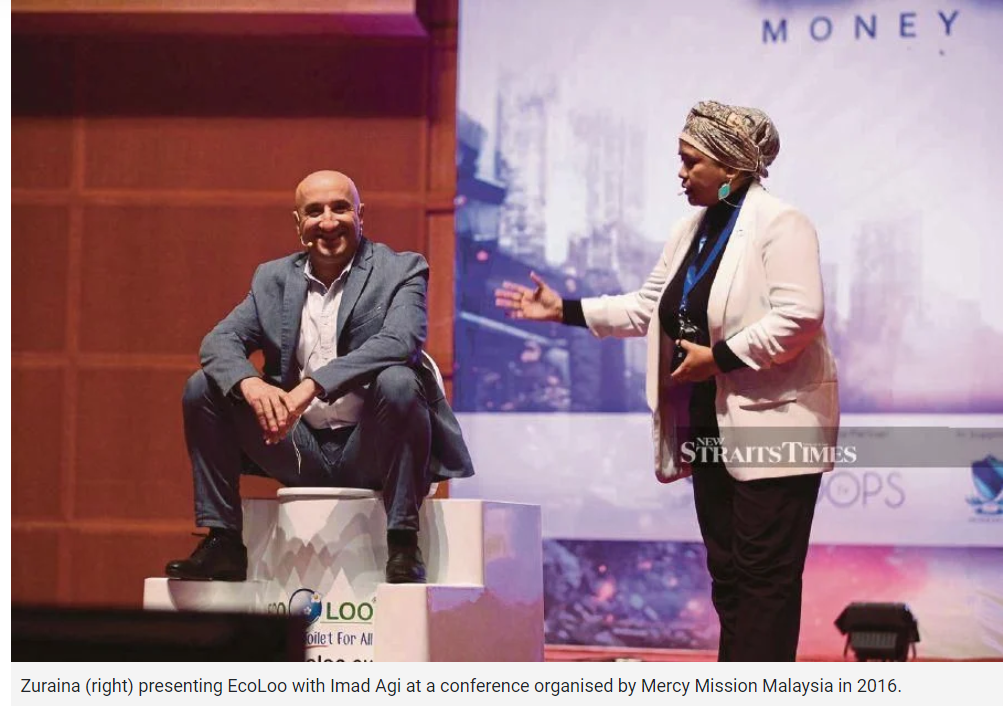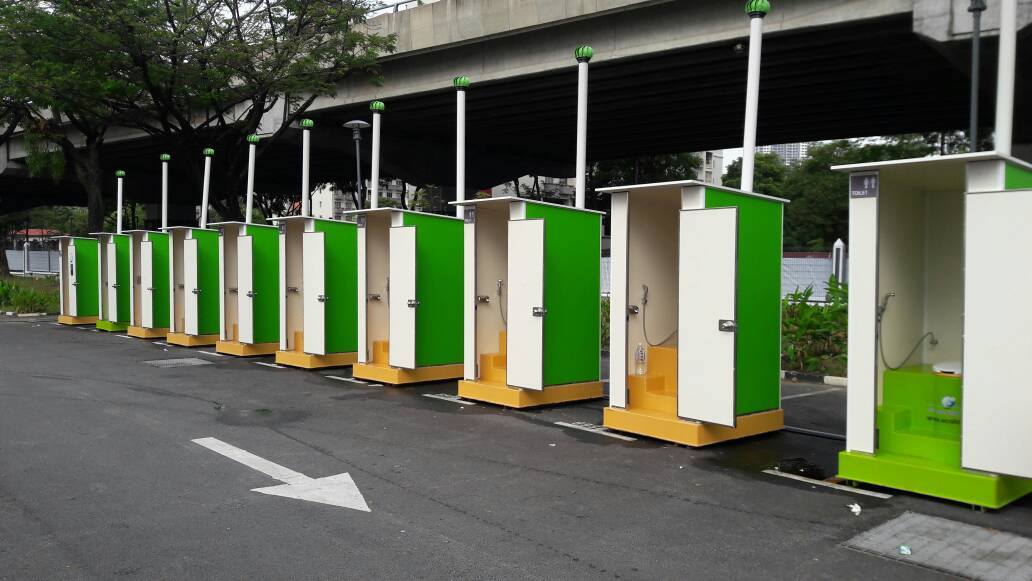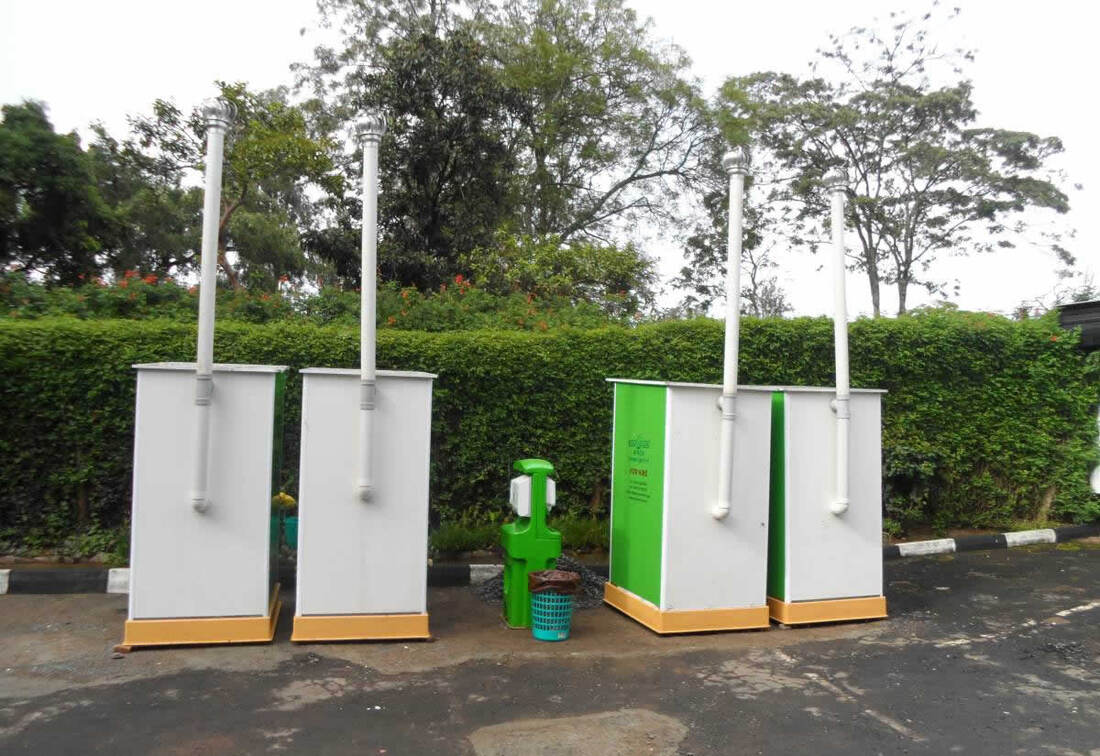22.04.2022
Sustainable Toilets: Serving People, Serving the Environment
Two billion people, nearly one quarter of the world’s population, lack access to basic sanitation facilities such as toilets or latrines; 673 million people defecate in the open. The World Health Organization (WHO) estimates that at least 10 percent of the world’s population consumes food irrigated by wastewater, and that a cropland size of approximately 36 million hectares - almost the size of Germany – is irrigated by untreated wastewater. Poor sanitation remains a global challenge, one that leads to transmission of life-threatening diseases and contamination of both land and water. Imad Agi, Chairman and CEO of Swedish company ECOLOO AB, first became interested in addressing poor sanitation after watching a documentary about this global challenge, he developed a technology that could provide sanitation services in challenging conditions and improve the efficiency of modern sanitation facilities around the world. In 2008, he launched ECOLOO AB’s pilot project in the Municipality of Stromstad, Sweden, putting his innovative ECOLOO Sustainable Toilet technology (ECOLOO) into operation. ECOLOO is a stand-alone, decentralized, biological toilet system that treats human waste by breaking down the solid waste into particles or ashes and converting the liquid waste into natural fertilizer. All biodegradable materials are digested by the bacterial culture present in ECOLOO’s chambers, including toilet paper and other degradable sanitary products. Meanwhile, the liquid waste undergoes a nitrification process and is converted into bio-fertilizer within 30 minutes. The byproduct of ECOLOO is odorless, pathogen free, rich in nutrients and beneficial for organic farming as it replaces harmful chemical fertilizers. The technology does not require an energy supply or water to operate, creates no sewage and requires little maintenance. Credit: uplink
Poverty deprives people of adequate education, health care and of life's most basic necessities- safe living conditions (including clean air and clean drinking water) and an adequate food supply. The developed (industrialized) countries today account for roughly 20 percent of the world's population but control about 80 percent of the world's wealth.
Poverty and pollution seem to operate in a vicious cycle that, so far, has been hard to break. Even in the developed nations, the gap between the rich and the poor is evident in their respective social and environmental conditions.
Poverty and pollution seem to operate in a vicious cycle that, so far, has been hard to break. Even in the developed nations, the gap between the rich and the poor is evident in their respective social and environmental conditions.








